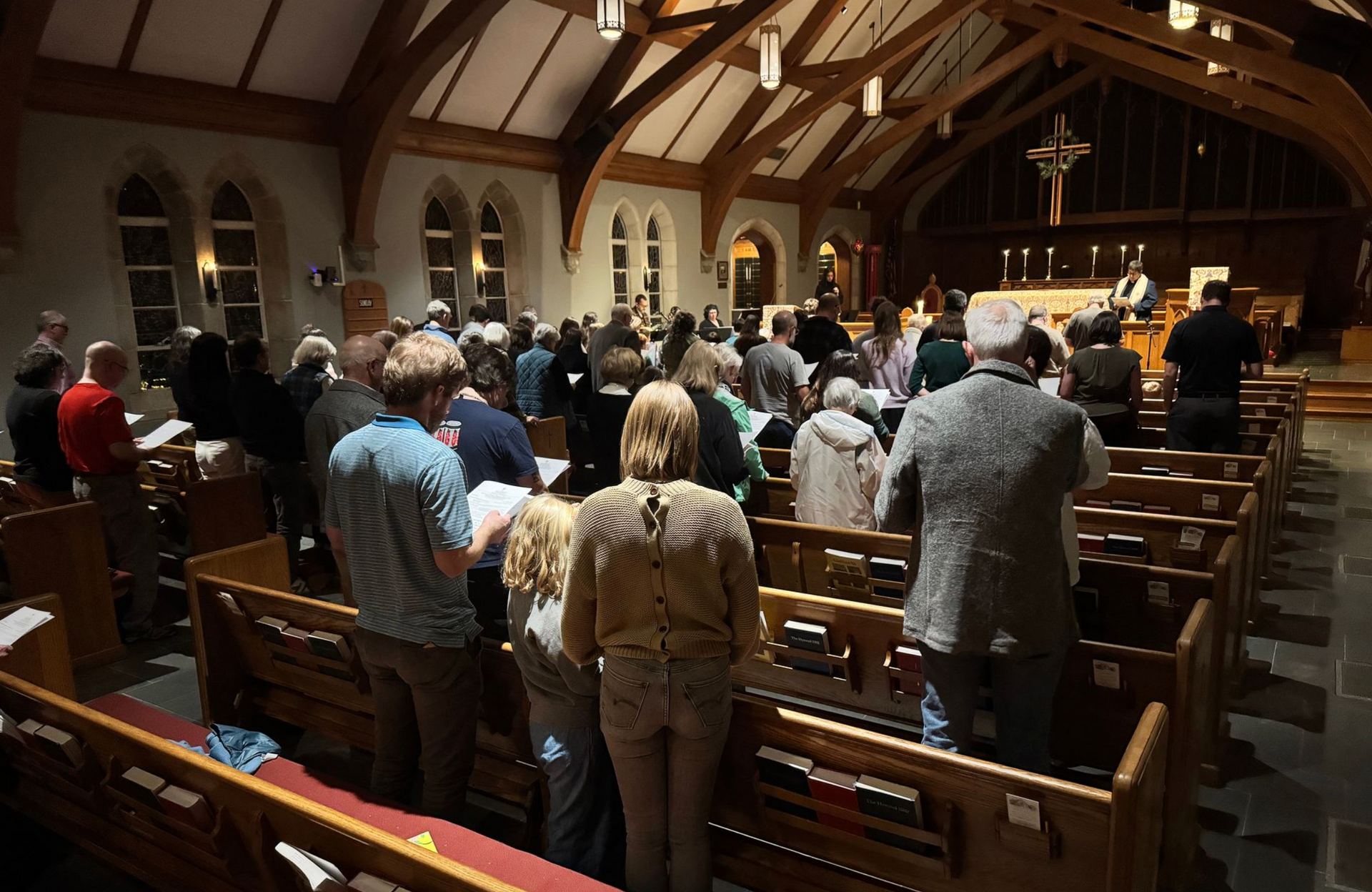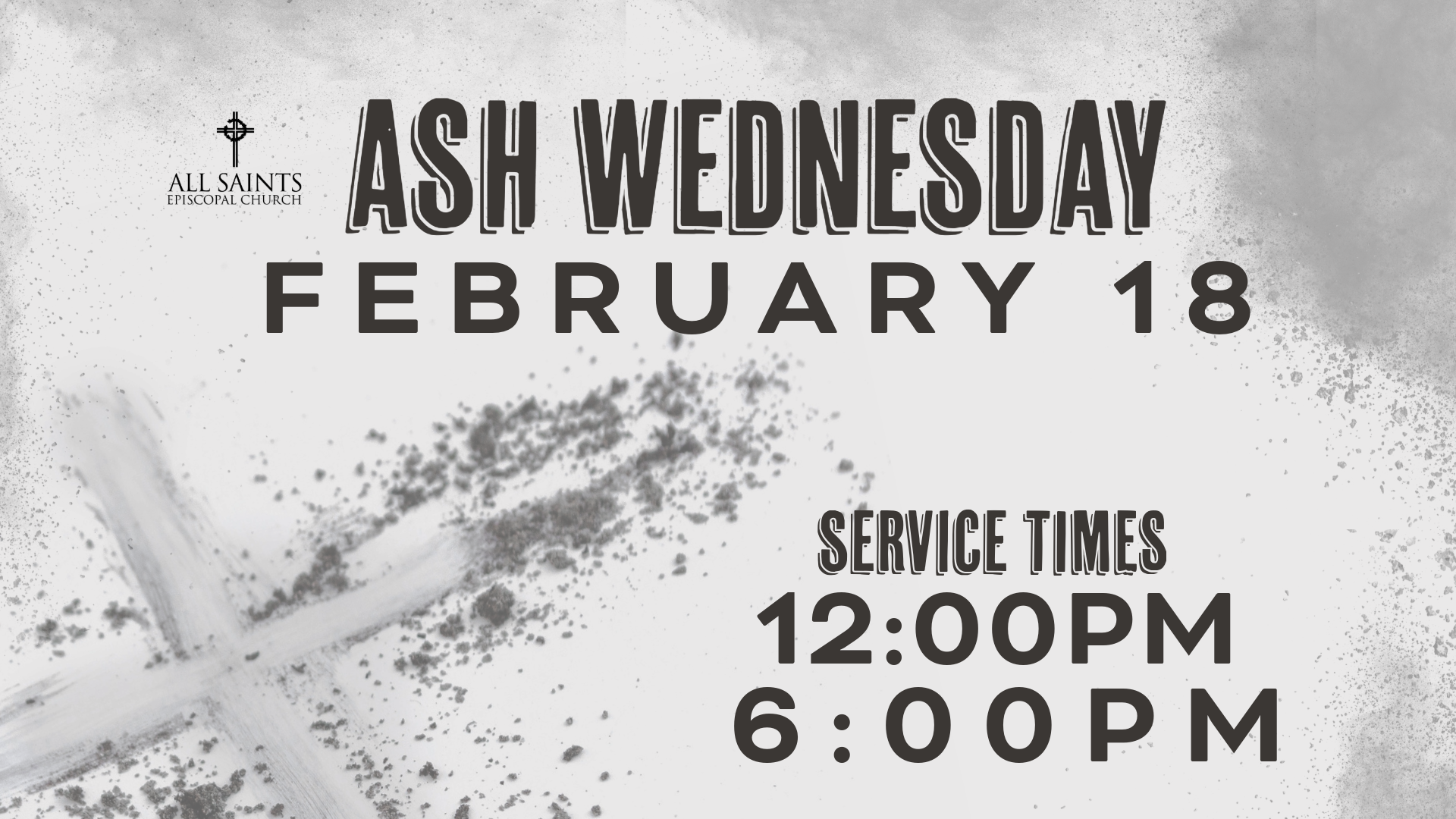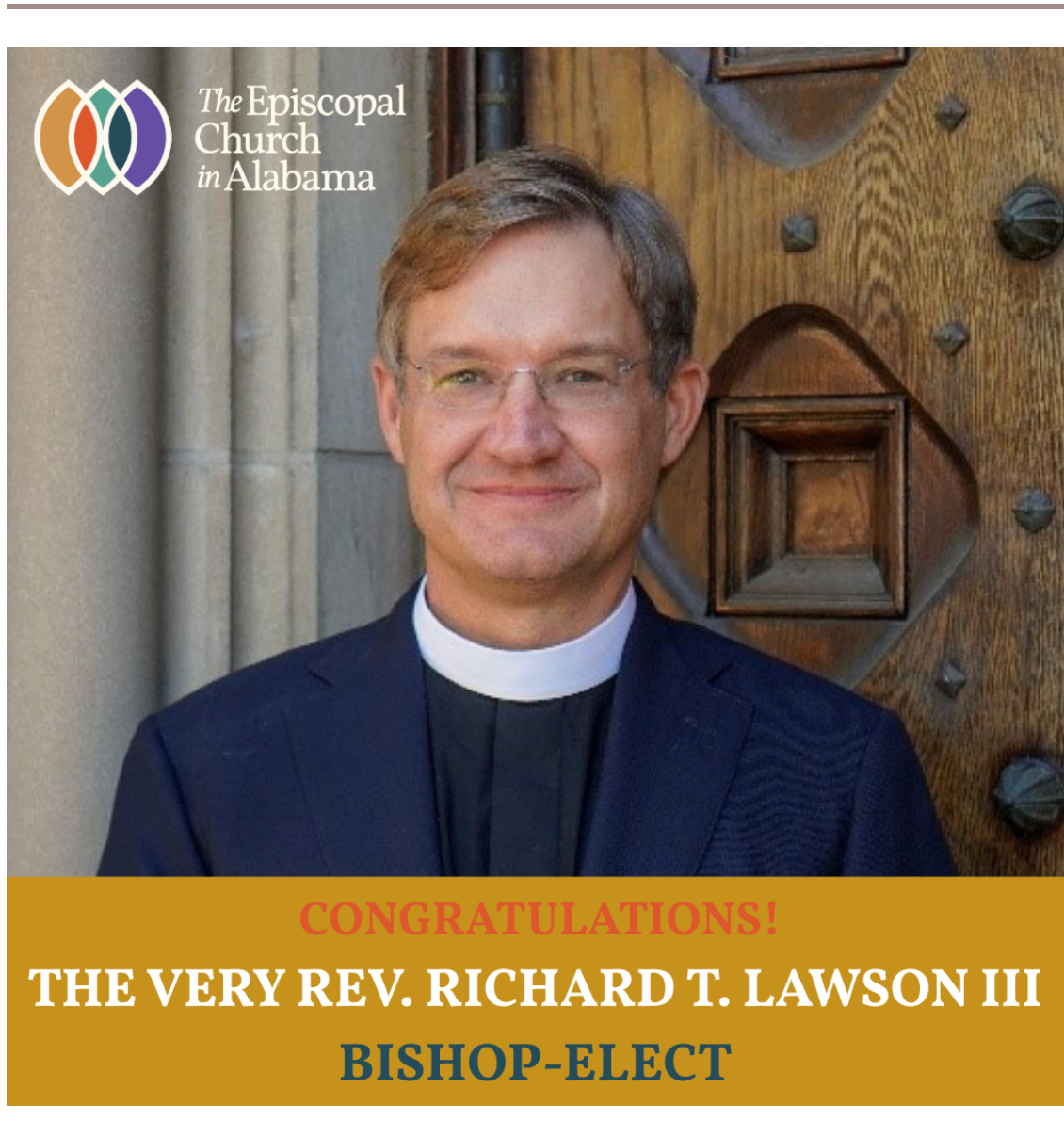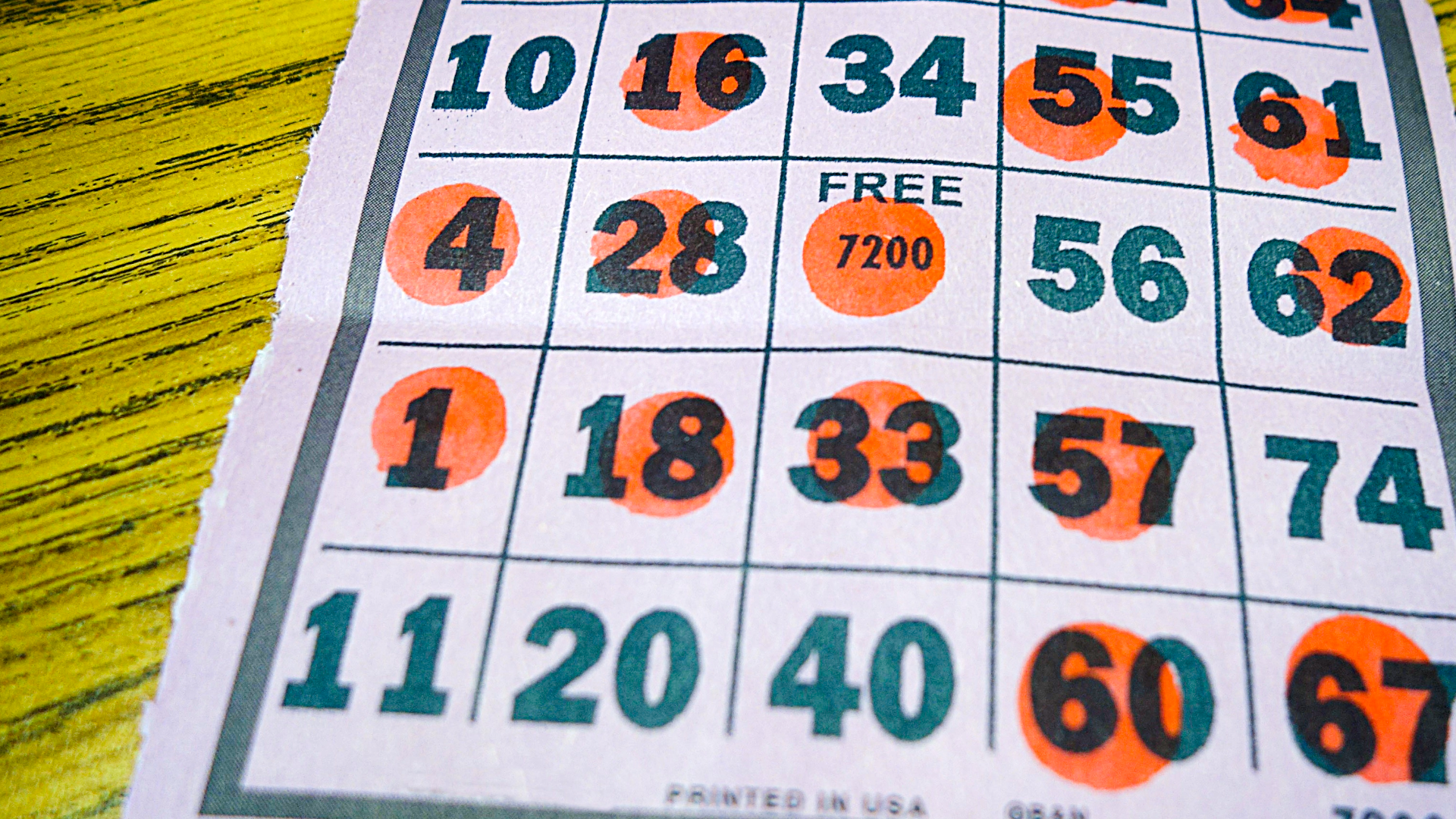Leave Your Nets Behind
“Leave Your Nets Behind” - 02/06/22 - Sermon by The Rev. Seth Olson
Holy God, let my words be your words and when my words are not your words, let your people be wise enough to know the same. Amen.
Have you ever had a bad day? Let me answer my own question – yes! I would guess that we do not have to go back two years’ time to find some of the hardest and worst days of your life. Days when nothing seemed to go right. Days when despite all the skills you acquired and all the hard work you put in – everything you were working on wound up in the ditch. Does this sound familiar? (Don’t raise your hands)
On this terrible, horrible, no-good, very bad type of day, nothing goes right. Exhausted teachers lose the attention of their students and hear complaints from parents, heroic medical workers face burnout and illness from treating too many patients, service and gig workers are taken for granted and cannot make a living wage. We all know this day when despite everything we give, we come up with nothing. Simon knew this day too. He was going through it in today’s Gospel story.
To be more specific, Simon was having this kind of very bad night. He cast his nets throughout the wee hours and came up empty! Simon and his companions must have been resilient fellows to work all night without even catching a minnow. Still Simon’s interaction with Jesus points to his disappointment—“We have worked all night,” he said, “but we have caught nothing.” Simon starred humiliation, doubt, and futility in the face as the sun slowly rose over Lake Gennesaret.
No matter who you are or what your calling in life is—you have probably felt like Simon sometime in the last 695 days. You have felt the sadness and disappointment of casting your net out somewhere only to find it empty when it came back to you. I have had times in the last two years when I threw out my proverbial net—like trying to start some new ministry—only to discover that I was the only fish lured in by the idea. Humiliation, doubt, futility.
Maybe right now you are sad because you threw your net out with other fishers, and you are not ready to try it again. Maybe you fished first with a former beloved minister—with Bill King, or Bishop Glenda, or Mary Bea—but you are not ready to fish with someone new yet. That is okay. It is hard to throw our nets back out there when we are tired, disappointed, or grieving. Whatever boat you find yourself in today—take heart. It’s good and right to be in this nave, in this boat together where we are not alone.
When Simon felt exhausted in his boat, he began to tell Jesus that he did not want to fish anymore. Simon addressed Jesus as Master—one of a few beautiful, critical details in today’s story. It shows that Simon already knew on some level the truth of who Jesus was. There is also the description of what happened next. When Simon did relent and let down his net albeit reluctantly, there were so many fish that he had to call over his friends, James and John, so that they could bring their boat. Then, they caught so many fish that they were in danger of sinking their ships—that is quite a catch!
Another little detail worth seeing anew is that after this haul of fish, the Gospel writer Luke did not describe the fisher as Simon, but Simon Peter. I wonder what that means. Maybe it means that when Simon stopped focusing on his own humiliation and shortcomings, he could rely upon Jesus and in that moment, he was not just Simon, but Simon Peter. Peter means the rock—he was a foundation on which Jesus would start this way of love that is still going.
Simon Peter was so amazed with Jesus and the haul of fish that he became overwhelmed in fear. He said, “Go away from me, Lord, for I am a sinful man!” James and John too were overwhelmed to the point of fear. Jesus responded saying, “Do not be afraid; from now on you will be catching people.” Catching people or fishing for people often catches in our ears, such that we overlook the first words Jesus said, “Do not be afraid.” Some translate that as “Fear not” or even “There is nothing to fear.”
This is a fair translation, except the original text means something slightly, but significantly different. Jesus said to Simon, “Do not be put to flight in terror” or “Do not be scared away.” I wonder why that is any different. It’s different because Jesus was not dictating what Simon should or should not feel in that moment, instead he was encouraging a chief disciple to be with that fear. Jesus was not saying you can never be afraid—he was saying do not run away in fear. Of course, we as humans are not particularly good at facing fear.
Often, we describe our response to fear as fight or flight. Before Mary Bea left, she imparted a bit more wisdom when she added at a staff retreat, two more responses: flop or flock. So, in total: fight, flight, flop, or flock.
The first two are obvious. When we flop, we freeze responding to something that scares us. When we flock, we befriend someone reacting to someone who makes us afraid. These fear responses were what helped us to continue to live throughout the generations; however, now our nervous system cannot keep up with all the stressors we face. We might be chased by a bear, or we might press send on an email before it’s ready, but our bodies do not distinguish well between the two. Perhaps we do not need the same level of adrenaline for both, right? And whether we fight, fly, flop, or flock if we do not face our fear in a conscious way, our bodies will store the stress creating all sorts of unhealthy results.
Dr. Peter Levine, the founder of something called Somatic Experiencing combines a handful of different disciplines to help people unfreeze from these unhealthy traumatic states.[1] He also teaches that animals can be good role models for us when facing fear.
Have you ever watched Planet Earth or a nature documentary—and in it seen a gazelle or antelope narrowly escape being caught by a big cat? Right after winning a new lease on life, this would-be prey does something remarkable. The creature does not flee from fear—even if it fled from the predator—instead it experiences the fear with its whole being.
One example of this is seen in this video of an impala who played dead for several minutes after being caught by a cheetah. The predator eventually left being scared off by something else. Then the impala started breathing deep belly-full breaths. Slowly after a few minutes of this, the creature sat up, and it began trembling and shaking. It almost looked like convulsing or rhythmic dancing, but the animal was facing its fear and allowing the trauma to evacuate through an embodied response.
I do not know about you, but the messages society has given me about fear all seem to fly in the face of this embodied wisdom. The world says, “Put on a brave face.” “Fake it until you make it.” Even the Star Wars idiom “Fear is the path to the dark side,” makes it seem like we should run from fear—precisely the thing that Jesus implored Simon not to do.
Impala are not the only ones who benefit from being with fear—from allowing their good bodies made by a Good Creator to do the good work of healing. We too benefit greatly by facing fear. The exceedingly good news is that we do not walk into these scary moments alone.
We walk with each other and with God—and on the other side of our fear is freedom. In Isaiah 43, which we heard the Sunday after Epiphany, God reminds us, “When you pass through the waters, I will be with you; and through the rivers, they shall not overwhelm you; when you walk through fire you shall not be burned, and the flame shall not consume you. For I am the Lord your God, the Holy One of Israel, your Savior.” We will be freed from our fear when we walk with Jesus through the fire and the flood.
When Simon Peter acknowledged that something in his life was distorted—that he was a sinful man—Jesus did not say, “YES, you miserable sinner!” He told him not to run from the fear. It does not seem to be happenstance either that this was taking place in a big body of water. We don’t see Simon Peter here get baptized, but humbly acknowledging his futility and need for Jesus might as well have been this disciple undergoing a baptismal rebirth at Lake Gennesaret. The very last words of this lesson depict a changed existence for Simon Peter, James, and John—they left everything and followed him. Being with their fear they were reborn.
Before closing there is one more thing here that is crucially helpful when facing our fears. There are times when we become afraid because we have messed up in the past. We have tried to cast out our nets, but they have come back to us empty. We have tried either haphazardly, wholeheartedly, or somewhere in between, and regardless we have failed.
Jesus saw that Simon had failed at fishing, but he had Simon do the exact same thing over again anyway. Why? Because when we fail, it’s not the end, God does not tell us to set fire to the boat. No, when we F-A-I-L it is as someone wise once told me, “A First Attempt In Learning.”
Maybe at some point someone told you something hurtful, you are not right, loveable, content, special, fun, or wise; you aren’t a team player, a leader, or a winner. Christ Jesus invites you and me to revisit those woundings—those moments when with words or actions someone said you were not enough exactly as you were. God wants you to go back to the empty nets of those moments, so that this time with Christ they will be overflowing with an abundance of love, acceptance, and enough-ness.
Face your fear. Like Simon turn from brokenness to healing, for with Christ your wounds become miraculous gifts. Leave your empty nets behind and follow Christ into a new life of abundance!
More Announcements

